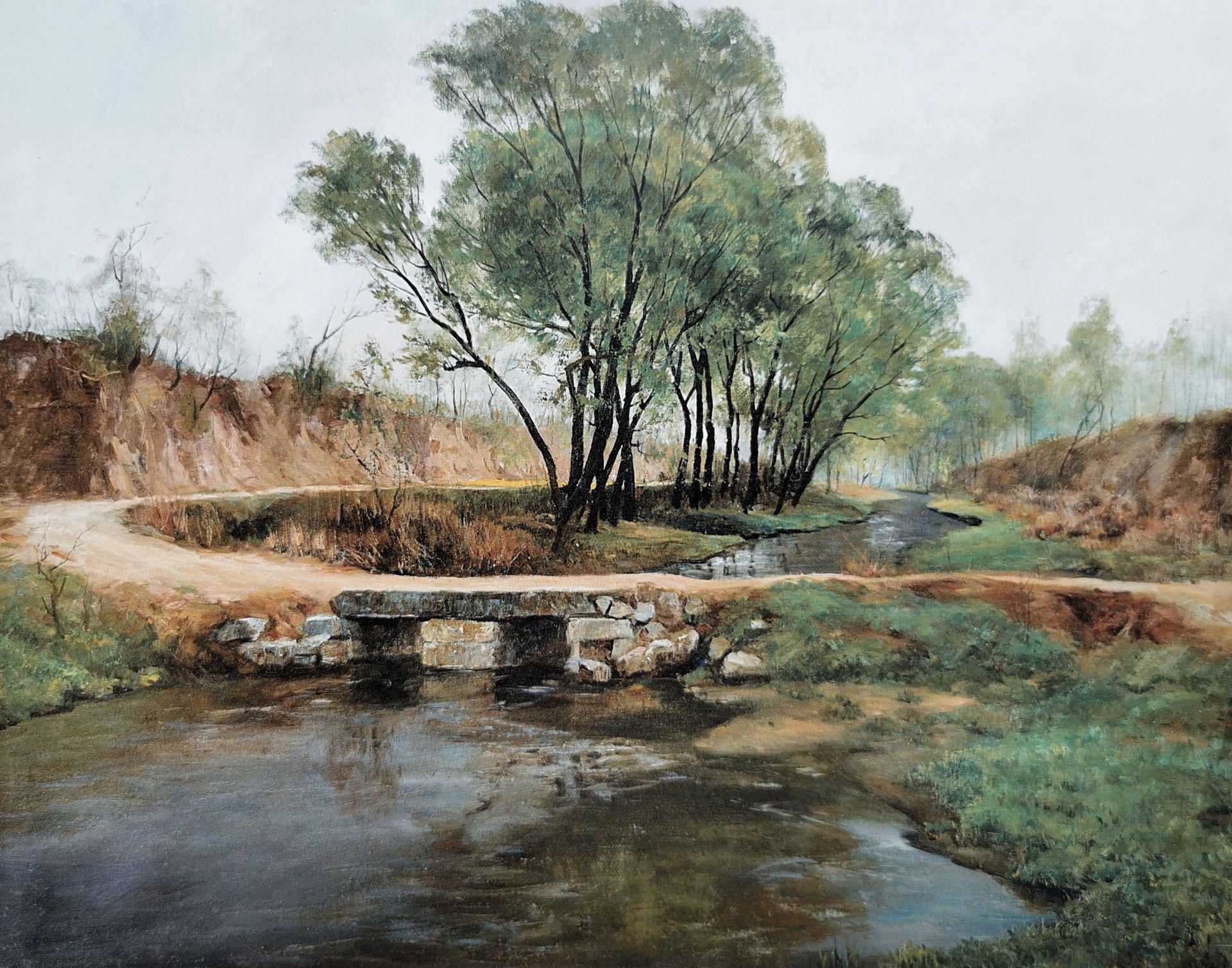
Chengfeng Shi Art Research Institute
Path to the Peak
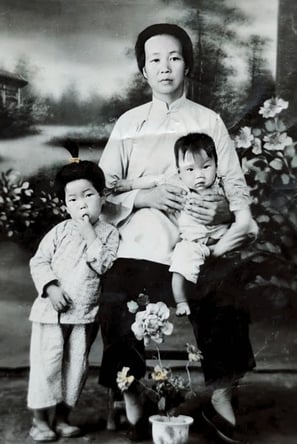

Mr. Chengfeng Shi was born on September 20, 1937 (August 16 in the lunar calendar, 26th year of the Republic of China) in a wealthy family in Shijiazhuang, Chengguan Town, Tangyin County, Henan Province. That year marked a turning point in Chinese history, as it was shortly after the July 7th Incident at the Lugou Bridge, leading to the full-scale outbreak of the Second Sino-Japanese War. The Japanese army advanced south along the Pinghan Railway, capturing several cities in North China, including Shijiazhuang, Handan, and Zhangde (now Anyang City) within a few months. By 1938, when Mr. Shi was still an infant, the Japanese army had approached Tangyin.
Mr. Shi recounts that his entire childhood was overshadowed by the chaos of war. "Not long after I was born, the Japanese invaders came from the north. I was not even a month old. In February of the following year, the Japanese army advanced south from Zhangde (now Anyang City, Henan Province) along the Pinghan Railway to attack Tangyin. At that time, I was less than six months old, and my mother carried me westward to the mountains to escape. In desperation, she even hid in a dry well. My nickname was 'Chenger,' but later the elders called me 'Tao Shan,' which originated from this experience..."
Despite spending his childhood in wartime, Mr. Shi's academic and artistic pursuits were not interrupted. From a young age, he loved calligraphy and painting, often receiving praise from his teachers. During his school years, Mr. Shi developed a passion for stage plays, including dramas and Yu operas. He was also skilled in playing the kuaiban (a traditional Chinese musical instrument) and the accordion, gaining local fame as a talented individual. This environment nurtured his assertive and rebellious personality, which, according to Mr. Shi, "brought me a lot of trouble later in life, including conflicts with the leaders during my time as an actor at the People's Art Theatre and persecution during the Cultural Revolution and other political movements..."
However, the other side of his rebellious nature was a persistent pursuit of art. With the support of his virtuous and patient wife, Ms. Xiao Yuzhi, who took care of all household chores, Mr. Shi overcame numerous crises and devoted himself to the relentless pursuit of his artistic career.
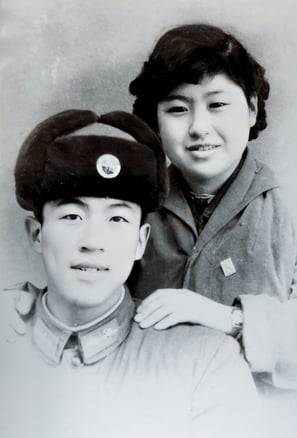

Unforgettable Military Life
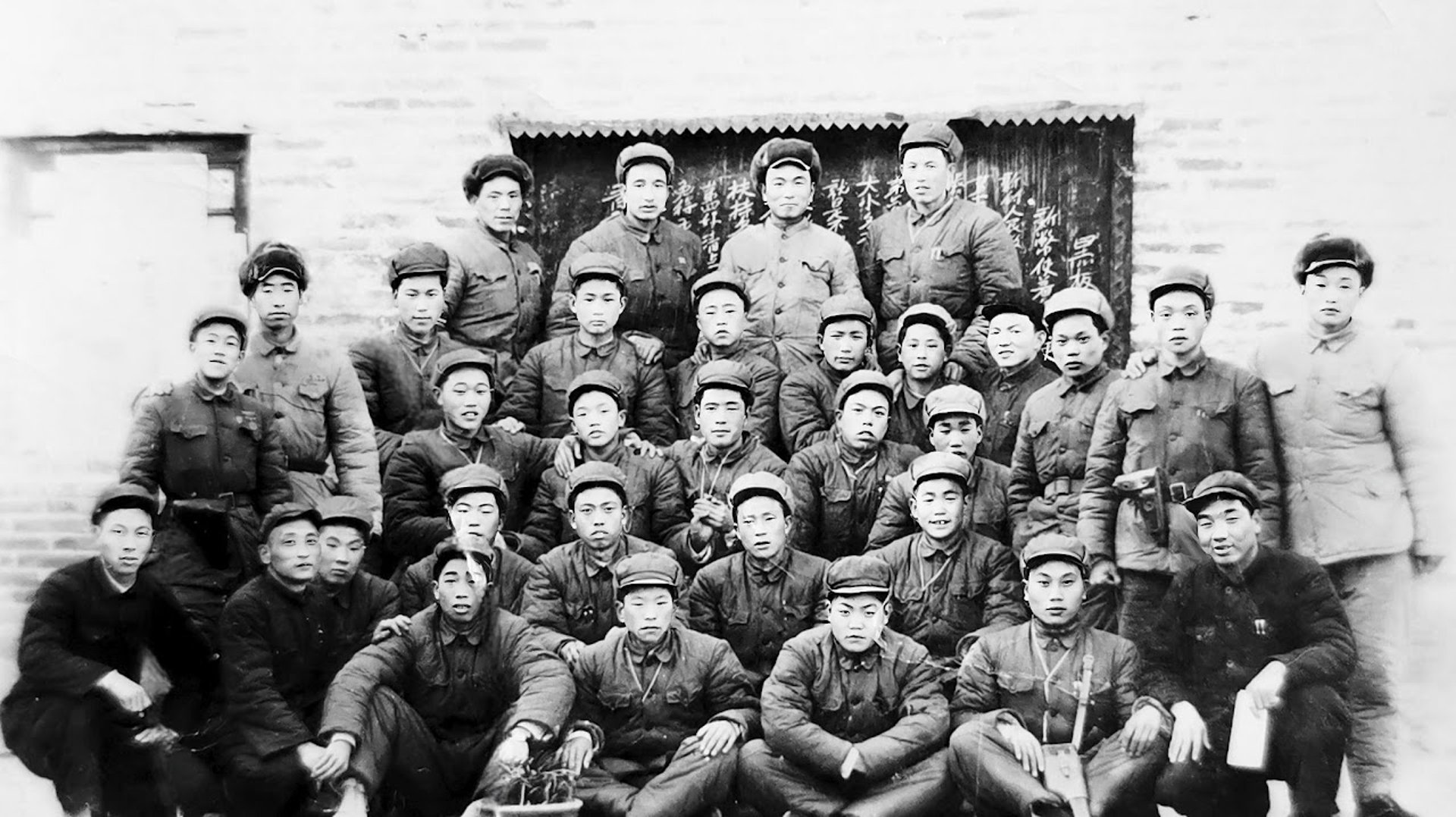
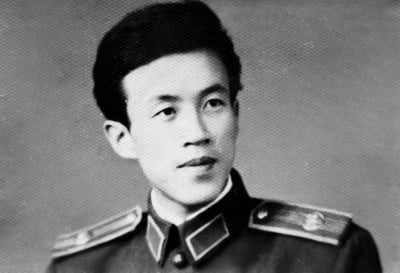

Mr. Chengfeng Shi recalls his military service as "a time that offered him another chance to realize his potential." In the army, he was not just a soldier but an individual with extraordinary artistic talent. This unique experience presented new challenges and became another significant chapter in his artistic journey.
At the end of 1954, Chengfeng Shi enlisted in the military. By February of the following year, as spring began to bloom, he and his comrades were given a grand farewell in the city. The local people celebrated with gongs and drums. He boarded a train to Korea, passing through mountains and long nights, eventually arriving as a soldier of the Chinese People's Volunteer Army, marking the start of a new chapter in his life. Initially, he only knew that military life was filled with honor and courage, but the actual experience taught him that the military was not only a forge for honing one's will but also a university for cultivating a worldview.
In the 482nd Unit of the Volunteer Army, Chengfeng Shi not only learned professional skills such as operating a road grader but also forged a strong will through rigorous military training. The literary performances and wall newspaper competitions at the front provided him with a stage to showcase his talents. His artwork and skills found a higher platform in the regiment's political department club, with his works even adding new brilliance to the Volunteer Army Newspaper. He had the opportunity to present military arts on a broader stage, sharing with his comrades from the Beijing Engineering Corps headquarters.
For Chengfeng Shi, these military days were a turning point and a peak in his life. He immersed himself in an abundance of books, eagerly absorbing the nourishment of knowledge. However, as time passed and faced with the choice of staying in the military or returning to civilian life, he knew his dreams extended beyond the army. Although staying meant more opportunities, he yearned to step out and pursue his dream in the world of art.
In the spring of 1958, when he returned to his hometown in Henan, everything seemed to have changed, but his determination and dreams remained. Amid the joy of reunion and the warmth of family, he knew he needed to redefine himself and find the path that truly belonged to him.
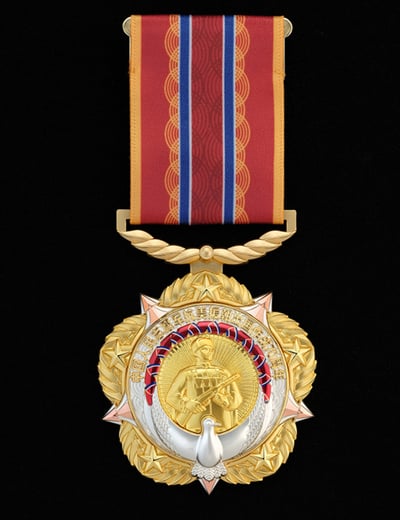

A Remarkable Artistic Career
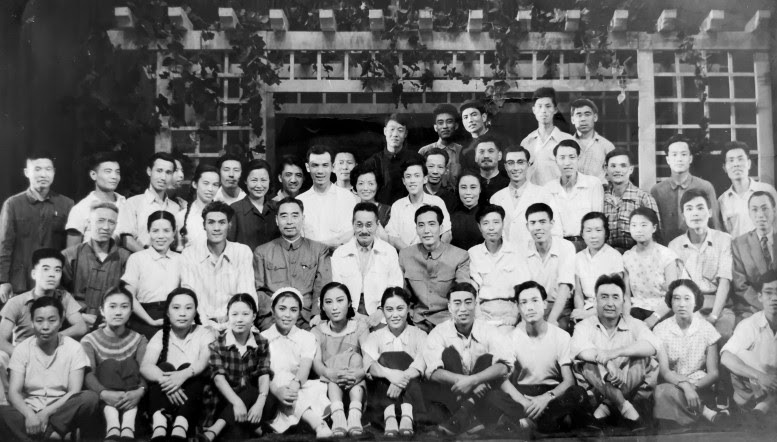

Mr. Chengfeng Shi is not only a renowned oil painter and calligrapher but also a former actor at the Beijing People's Art Theatre. In August 1958, at the age of 21, Mr. Shi was accepted into the Fine Arts Department of Beijing Normal University of Arts with excellent grades. Almost simultaneously, he received an admission notice from the Acting Class of Beijing People's Art Theatre. Faced with a difficult choice, Mr. Shi decided to become a stage actor, joining China's highest institution of stage art, the Beijing People's Art Theatre, where he studied under famous actors such as Cao Yu, Jiao Juyin, Ouyang Shanzun, Shu Xiuwen, Yu Shizhi, and Lan Tianye. The photo below, taken in 1959, shows Premier Zhou Enlai meeting with the Beijing People's Art Theatre group. The young man in the center of the third row is Mr. Shi, then 22 years old.
When talking about Premier Zhou, Mr. Shi is always very emotional. He often says that the history of the Beijing People's Art Theatre is filled with the presence of Premier Zhou Enlai. The Premier attended performances 41 times, showing his deep affection for the arts. He was not only an audience member but also personally involved in various theatre activities, leaving an unforgettable impression with his approachable demeanor. An interesting incident occurred on the night of March 8, 1960, during a performance of the play "Dead Wood Comes to Life" at the Capital Theatre. Premier Zhou came to watch the play. In the dim light, he found his seat and sat down. An accompanying person handed him binoculars. At that moment, a member of another troupe, who was also watching the play, casually asked, "Excuse me, could I borrow the binoculars?" Without hesitation, Premier Zhou handed the binoculars over. When the stage lights came on, the person realized it was Premier Zhou beside him. Embarrassed, he apologized, but Premier Zhou patted him and laughed, saying, "It's okay, my eyesight is better than yours..." These details deepened people's understanding of the Premier's charisma and leadership style, injecting vitality into the development of the Beijing People's Art Theatre.
After studying at the Beijing People's Art Theatre for two years, Mr. Shi was hired as a drama actor by the Central Ministry of Geology Art Troupe and later by the Lanzhou Military Region Combat Art Troupe. However, by 1964, due to long-term performances away from home, which caused separation from his wife and two young sons in Beijing, Mr. Shi ultimately had to give up his theatre career in Lanzhou and return to Beijing to be with his family. Every time he talks about leaving his acting career, Mr. Shi expresses regret but also acknowledges the helplessness of the times, as many things were beyond his control.
Of course, Mr. Shi never gave up on art. As he often says, "I was born for art. Without theatre, I still have my paintbrush. I love art, and I'm still young. The world of art is vast and boundless."
Premier Zhou Enlai (second row, fourth from the left)
Teacher Shu Xiuwen (second row, second from the left)
Teacher Lan Tianye (second row, third from the left)
Teacher Yu Shizhi (second row, seventh from the right)


